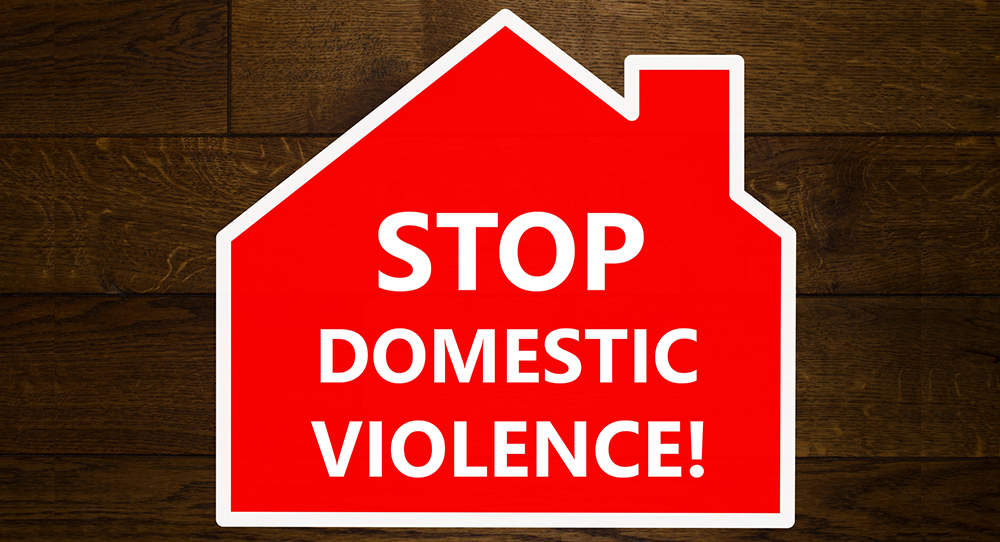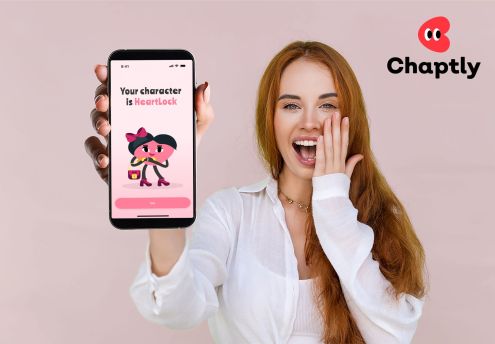Domestic violence: break the routine
Victim Support has launched a powerful campaign with the National Centre for Domestic Violence (NCDV). The short film, Break the Routine, highlights the long time it takes for high risk domestic abuse victims to seek support

The film aims to raise awareness of abusive relationships and of the avenues of support that are open to victims even if they don’t want to officially report the abuse. The campaign, #breaktheroutine, is told through dance and features a backing track donated free by Ellie Goulding to raise awareness of the issue. It was created by JWT London and Biscuit Films.
Domestic abuse – the facts
1. Stats from the Crime Survey of England and Wales (CSEW) show that a quarter (27%) of women and 13% of men have experienced domestic abuse at some point in their lives
2. 1.9 million people experienced domestic abuse last year (CSEW)
3. One third of violent crimes recorded by police last year were domestic abuse related (CSEW)
4. 100 people were killed last year (2 a week) by a current or past partner. Victim Support’s Homicide Service supports many families of these victims
Last year Victim Support helped over 40,000 victims of domestic abuse including:
- 17 and under: 1,944 victims
- 18-24: 6,834 victims
- 25-34: 11,746 victims
- 35-44: 8,829 victims
Ayesha* is a dedicated domestic abuse support worker for Victim Support, who has supported numerous domestic abuse victims. To get an insight into her role and of the people she helps on a daily basis, we asked her a few questions.
Q. Describe a typical day working in Victim Support
A. There really is no typical day – that’s partly what I love about the job. All relationships are complex and unique and so the support we give has to be tailored in each case. What matters most is that the victim of domestic abuse is always in control. It’s up to them if they want to report the abuse or leave or stay in the relationship. Our role is to support them practically and emotionally to the best of our ability, whichever avenue they choose. Because we’re very focused on giving practical as well as emotional support my job also involves liaising with a lot of other agencies to help victims negotiate housing, the legal system or liaising with the police or schools.
Q. What piece of advice would you give to someone currently in an abusive relationship?
A. Abuse is never ok. In many abusive relationships it can almost become part of the routine. It becomes normalised. That’s why we’re encouraging people to #breaktheroutine and seek support. You shouldn’t have to face this situation alone. Even if you don’t want to officially report the abuse, support is out there. Our support is free and confidential and we’re here for you as long as you need it.
Q. I see from the statistics (above) that the 25-34 age group was the largest helped by Victim Support, why do you think this age group has the highest numbers?
A. Last year at Victim Support we supported over 40,000 victims of domestic abuse. The victims we supported come from every background and age. Domestic abuse transcends every social category – class, race, age, gender. What matters is the person. The largest group of people we see are 25-34 year olds. We believe this is because this is the time in your life when a lot of big decisions and pressures come at once – buying first houses, holding down jobs, children arriving, financial pressures.
Q. Do you think the solution to reduced cases of domestic violence lies in educating young people?
A. We need to educate ALL people – young and older – that abuse in relationships is never ok. It’s not just women that are affected. According to the Crime Survey for England and Wales (CSEW) a quarter of women (27%) have experienced domestic abuse at some point in their lives and so have 13% of men. We also need to educate young people about the support that is out there so that they seek it earlier and realise they’re not alone and they have nothing to be ashamed of.
Q. What would you say to anyone who watches this film and suspects they have a friend who is trapped in an abusive relationship?
A. It’s important to ask them if they are experiencing abuse. We hear from so many victims that they were waiting to be asked. Some people will shut you out if you ask as some will wrongly feel ashamed of the situation they’ve found themselves in. Your role as a friend is to let them know that it’s never ok and that free, confidential support is out there, whenever they need it.
*Due to the nature of Ayesha’s role, we are unable to give her full name.
You can support this awareness campaign by using the hashtag #breaktheroutine. If you need to speak with someone from the Victim Support team, please contact them for free on 08 08 16 89 111. More information is available at victimsupport.co.uk









